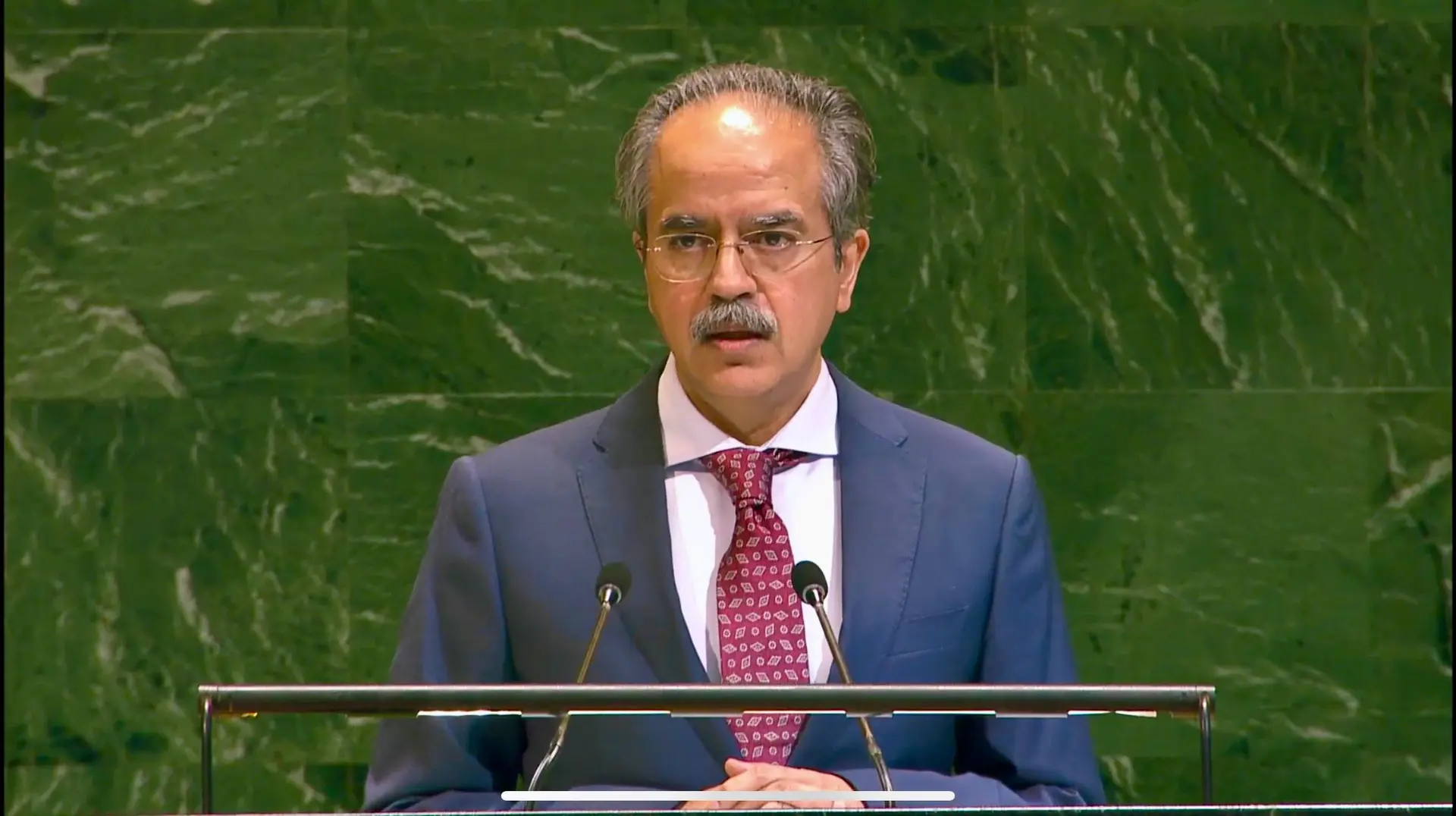What to Expect When No One is Expecting, the phrase perfectly reflects the interpretation of the phenomenon of “demographic winter,” which is a term used more and more often as a reference to the general tendency of worldwide depopulation as well as the decreasing birth rate and increasing levels of aged population, most notably in postindustrial societies.
This is a reality in many European and North American countries. More recently, this trend has started in several Asian countries: Japan and China for example and there has been a realization that growth in the rate of child birth will be slower than predicted. The Total Fertility Rates (TFR) for these countries currently stand at 1.3 and 1.7, significantly lower than the replacement-level TFR of 2.1 children per woman necessary to maintain stable populations. The situation in South Korea, which now faces the world’s steepest population decline, with a TFR of just 0.68, the lowest in the world is a serious concern. This ‘birth dearth’ poses significant risks not only to stable economies but also to social systems globally.
Economically, this reduces the number of productive individuals which stifers the nation’s growth; workers, facing inability to produce as they used to, may be overburdened and efforts toward sustaining this current output level may thus bring about a decline in living standards. Further, an aging population increases the burden on the health and medical facilities, pensions and social security amenities. With a smaller tax base, governments may find it challenging to finance these services, leading to possible budget cuts or higher taxes. In the social domain, it reduces the traditional family support for the elderly thus resulting to a high demand for professional family care services. Populations which decline may also undergo cultural change whereby such values as large families will not be as highly considered as before. Furthermore, the growing burden on younger generations to support an increasingly elderly population could exacerbate intergenerational conflicts. In response to these concerns, pro-natalists are advocating for measures to encourage population growth.
The global demographic winter trends having many challenges, nevertheless, for the countries with developing young generation like Pakistan. This coupled with a Total Fertility Rate of 3. 5, Pakistan has a large young population, which can be suitably tapped to replace human resource gap in countries that are ageing demographically. Thus, to maximize all these opportunities at hand, a multipronged approach is inevitable. The core of this strategy is a massive reformation of the education sector to generate a quality human resource. It is also imperative to have a strong focus on STEM skills in order to foster innovation as well as technologic development, and to develop more places in vocational educational and training with regard to national and global labor market needs. A pronounced global deficit of healthcare professionals, particularly nurses and midwives, is projected to reach 4.5 million and 0.31 million respectively by 2030 according to WHO estimates. This presents a substantial opportunity for Pakistan.
Investing in the training facilities for nurses and midwifery schools typically in deprived regions, can position the country as a key supplier of healthcare workers. Furthermore, arming the workforce with appropriate soft skills such as communication skills, teaming skills and problem solving skills and appropriate language is necessary in order to boost employability internationally.
Likewise, attaining the internationally accreditations and certifications for the Pakistani labor force is very important that ensuring their quick absorption in the foreign markets. At domestic level, sustainable population growth is crucial for economic development. Investing in family planning services and public awareness campaigns can help balance population growth with economic aspirations. Finally, the Urban Planning and infrastructure development are mandatory to facilitate the growing population while maintaining the economical vibrant towns.
Hence, occupying a strategic space that relates to its supply of skilled workforce, knowledge, and creativity, Pakistan holds the potential of becoming a catalyst for change for those countries that are struggling with the problem of declining demographic dividend. Such efforts would not only help to ease the problems experienced in the aforementioned countries, but would also entail great economic advantages to Pakistan as well as paving way to fostering stronger international relations and promoting global stability.

The writer is a civil servant of Pakistan.













